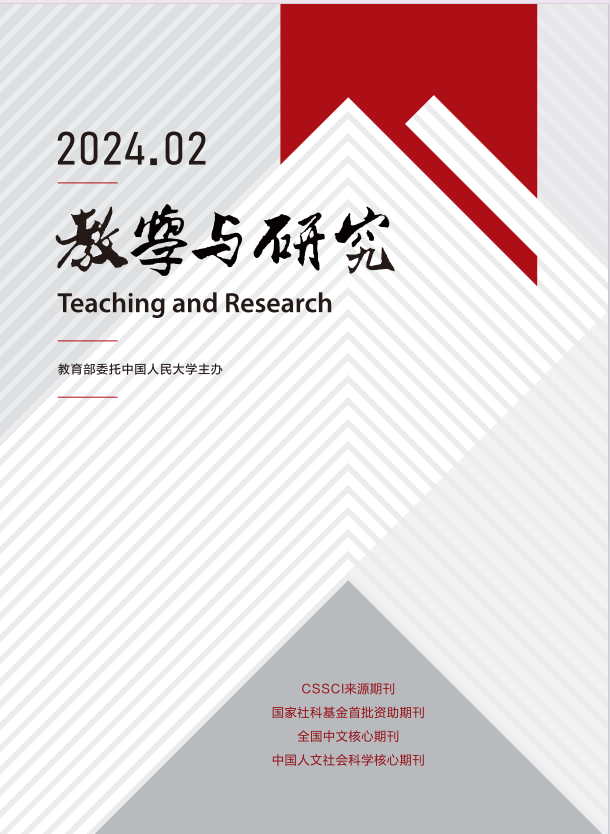“Enriching people's spiritual world” is one of the essential requirements to pursue the Chinese path to modernization, which has profound theoretical connotation and distinct practical direction. The rich spiritual world of people is rooted in the historical practice of the Chinese path to modernization, which promotes the development and enrichment of the spiritual world of people. The rich spiritual world of people provides ideological guarantee, spiritual power and value guidance for the comprehensive completion of the Chinese path to modernization. In the new era, enriching peoples spiritual world from the perspective of the Chinese path to modernization also faces the incompatibility between ideological guidance and social psychology, the overlapping development of humandependent culture and materialdependent culture, and the intertwined development of premodernity, modernity and postmodernity. In the face of new challenges in cultural construction that arise in promoting the Chinese path to modernization, to strengthen the spiritual power of the Chinese path to modernization, we need to continuously adapt Marxism to the Chinese context in the process of pursuing the Chinese path to modernization, realize the creative transformation and innovative development of the excellent Chinese traditional culture, carry forward the revolutionary culture, firmly practice the core socialist values, and promote the prosperity and development of cultural undertakings and cultural industries. With the power of scientific truth, history and culture, socialist revolution and practical development, we are committed to securing new successes in developing socialist culture, enriching peoples spiritual world, and enhancing the spiritual power to build China into a great modern socialist country in all respects and realize the great rejuvenation of the Chinese nation.



